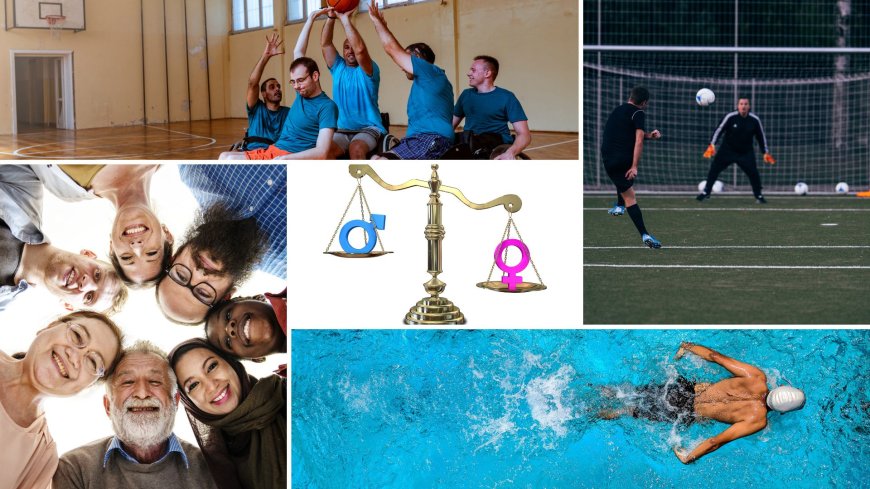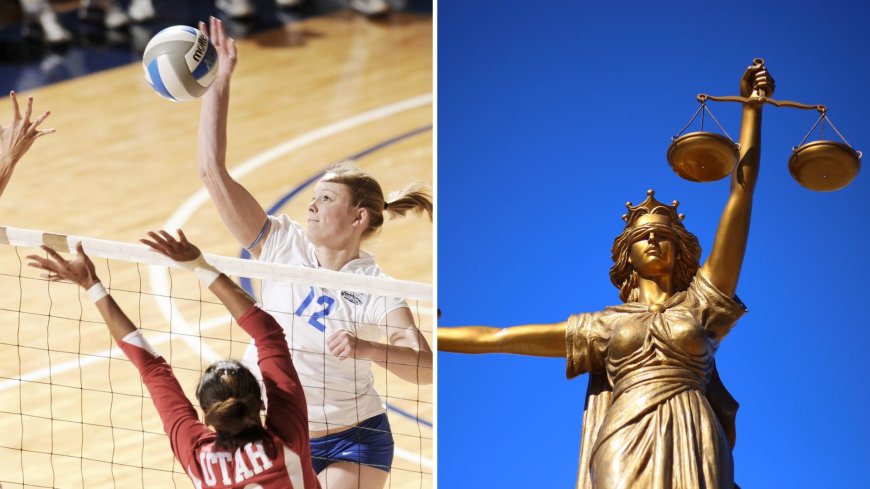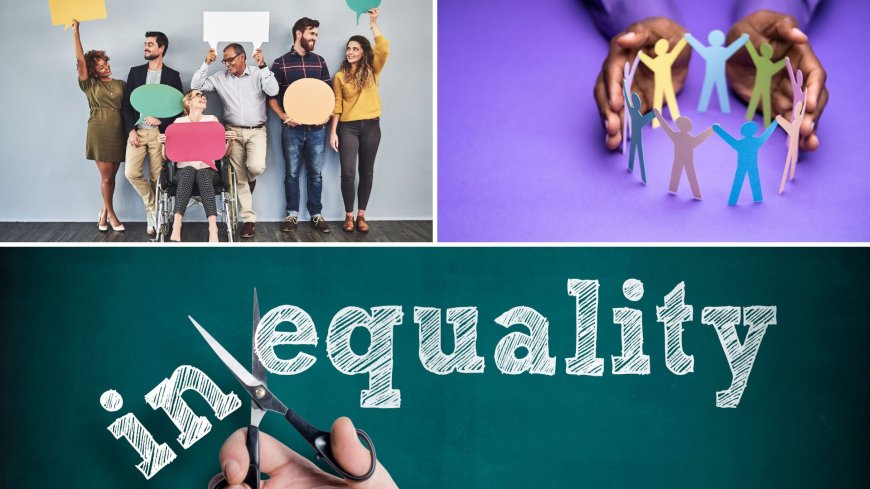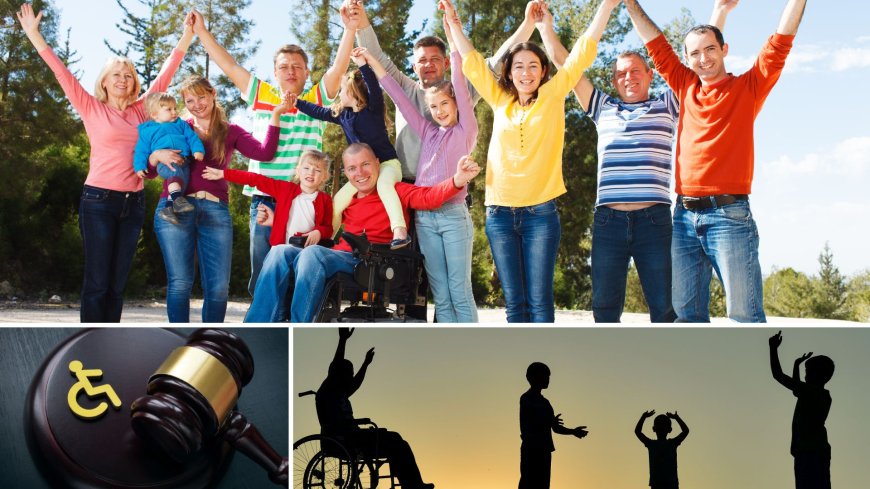Sports and Social Justice: A Powerful Combination
SUMMARY " Sports and Social Justice A important Combination" explores the dynamic crossroad of sports and social justice, pressing the ways in which athletes, brigades, and associations are using their platforms to drive meaningful change. From diving racism and gender inequality to promoting LGBTQ rights and disability addition, this composition delves into the crucial issues and enterprise shaping the sports world's social justice geography. Description: Join us on a journey into the powerful fusion of sports and social justice, where champions on and off the field are using their voices and actions to create a more just and equitable society. Through inspiring stories, insightful analysis, and practical steps for getting involved, "Sports and Social Justice: A Powerful Combination" is a must-read for anyone passionate about sports, social justice, and the transformative potential of human connection. Whether you're an athlete, activist, or simply a fan, this article will ignite your spirit and empower you to be a force for good.

Sports and Social Justice: A Powerful Combination
Sports have long been a platform for social change, with athletes and teams using their influence to raise awareness and drive progress on various social justice issues. From Muhammad Ali's stance against racism and war to Colin Kaepernick's kneeling protest against police brutality, sports have played a significant role in shaping our understanding of social justice. In this article, we'll explore the intersection of sports and social justice, highlighting key issues, initiatives, and ways to get involved.
The History of Sports and Social Justice
Sports have a rich history of social activism, dating back to the early 20th century. Jackie Robinson, who broke baseball's colour barrier in 1947, is a prime example. His courage and talent helped pave the way for other African American players, challenging the racist status quo in professional sports.

The 1960s and 1970s saw a swell in athlete activism, with figures like Muhammad Ali and Billie Jean King using their platforms to speak out against racism, sexism, and war. This heritage continues moment, with athletes like LeBron James and Megan Rapinoe using their influence to drive social change.
Key Issues in Sports and Social Justice
1. Racial Justice The sports world has long grappled with issues of racism and demarcation. From Colin Kaepernick's kneeling kick to the NFL's ongoing struggles with ethnical inequality, this issue remains a pressing concern.
2. Gender Equality " Gender equivalency in sports is a long overdue palm staying to be. For far too long, women athletes have been sidelined, underpaid, and overlooked. But we are eventually starting to see a shift. From the US Women's National Soccer Team's fight for equal pay to the rise of women's professional leagues, the drift is turning. It's time to fete that women athletes are just as talented, devoted, and meritorious of respect as their manly counterparts. Let's celebrate their triumphs, support their peregrinations, and produce a position playing field for all. The future of sports depends on it."

3. LGBTQ+ Rights Sports have traditionally been a challenging environment for LGBTQ+ athletes, with many facing discrimination and marginalization. Organizations like You Can Play work to promote inclusivity and acceptance.
4. Disability Rights Sports can be a powerful tool for social inclusion, but people with disabilities often face barriers to participation. Initiatives like Special Olympics aim to promote accessibility and equal opportunities.

Initiatives and Organizations Driving Change
- The Players Coalition: A nonprofit founded by NFL players to address j social Justice and racial equality issues.
- The Women's Sports Foundation: Works to promote gender equality in sports and support female athletes.
- GLAAD's Sports Media Program: Advocates for LGBTQ+ inclusion and representation in sports media.
- The National Centre for Learning Disabilities' Sports and Inclusion Program: Promotes accessibility and equal opportunities for athletes with disabilities. READ MORE….
What's Your Reaction?































